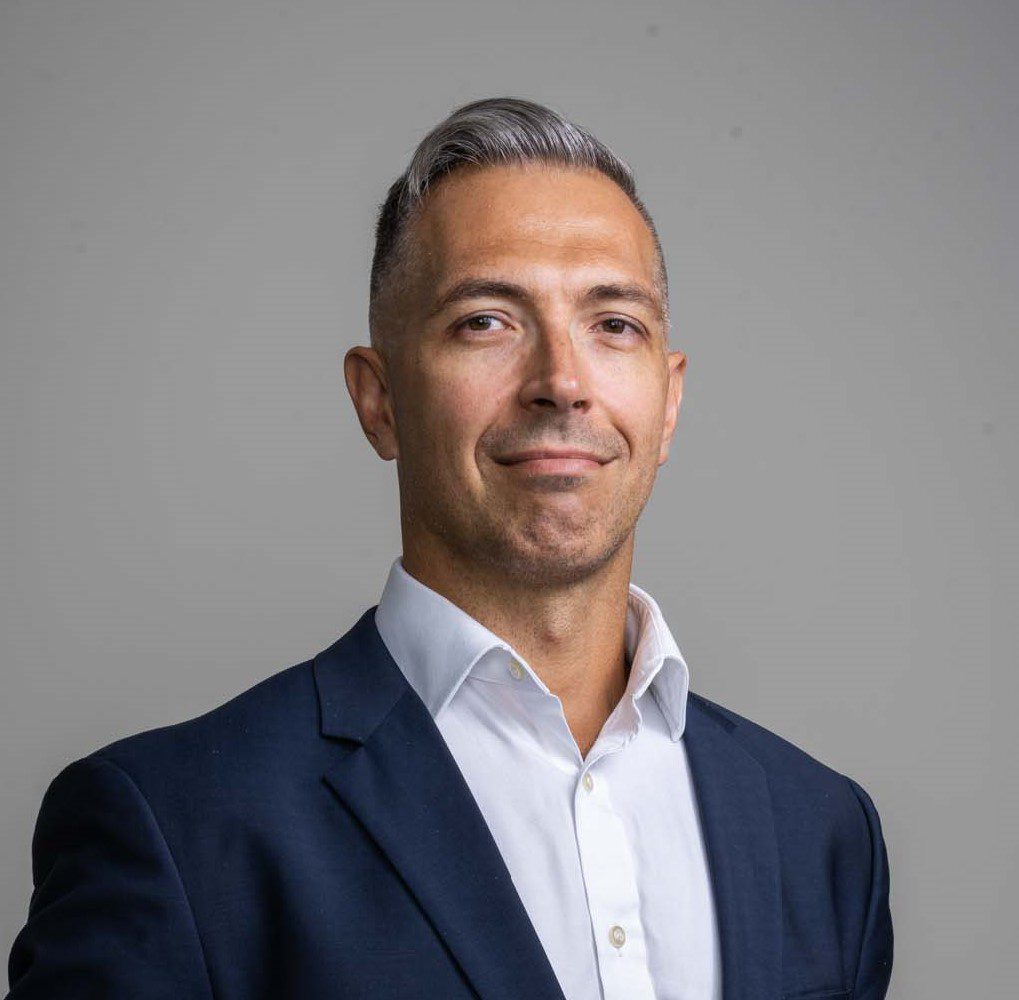
The finalists for WashingtonExec’s Chief Officer Awards were announced March 17, and we’ll be highlighting some of them until the event takes place live, in-person May 10.
Next is Chief Financial Officer finalist in the Private Company: Annual Revenue >$100M category Mladen Brkic, who’s senior vice president and CFO of Ultra Intelligence & Communications. Here, he talks career turning points, career advice and more.
What was a turning point in your career?
I started my career with GE where I spent 15 years in different roles across multiple industries and countries. In my first two years I was invited to work on a large IPO of a business spinoff from GE. It was uncommon for an early-career analyst to be included on such a high stakes project, let alone be a primary contributor.
Over the course of nine months, I worked between industry, bankers, and other stakeholders to learn the ins and outs of the business, how IPOs happen, and the most important lesson, that I like running a business more than selling one.
The other realization that led to a big mindset shift was seeing my cultural background and heritage as a strength and advantage for the business. My first international assignment showed me that I was ready and able to work cross-culturally more nimbly than some of my peers and could ingratiate myself with other teams more quickly.
This cultural competency made me stand out for future jobs as well. This led me to working overseas for 10 years on different assignments, in various countries.
Finally, having a family forced me to prioritize time differently without sacrificing productivity and efficacy. It taught me that while we have the same number of hours in a day, how we use those hours makes all the difference; I learned to work smarter, and adjusted my approach to time that actually led me to be more productive.
Today, I am better at delegating tasks to my team and with less day-to-day task oversight, I can focus on more complex issues.
How do you help shape the next generation of industry leaders?
I work with members of my team and peers across the business to educate them on the meaning behind the numbers. Since I spent a lot of time in my career dabbling in other functions and learning other businesses, I am aware of how difficult other roles are; I am now a better teacher and leader because I can show them financial principles that are tailored to their needs and will help them succeed. I don’t need to be an expert in supply chain management, but knowing a little about it helps me share the relevant information with a supply chain leader of a P&L so they can reach their goals.
It’s easy for a leader to want to talk about high-level principles such as “revenue should be higher and costs should be lower,” but a great leader teaches others how to achieve it. I get into their business and co-create ways to be more successful. They learn by doing and end up asking better questions, taking more rewarding risks, and achieving better outcomes.
Which rules do you think you should break more as an industry leader?
As a finance professional, my first priority is that numbers are correct ⏤ CFO is the conscience of the business. But there’s an equally important duty to partner with people to solve problems for our customers while achieving financial metrics for the business.
You can only be successful at this if you build authentic relationships and hold consistent expectations both with peers and customers. By working across teams, you understand how all the other pieces of the business fit into the company and become a better partner to the CEO and board.
Investing the time with our key leaders and sharing how operational performance drives financial outcomes helps us to continue to make smart decisions. Finance as a function is inherently conservative when it comes to risk and changing ways of doing business. Those who cannot adapt to how fast business processes and contracts change, are going to be at a major disadvantage. You can’t always have perfect outcomes, but if you have solid, open partnerships, you can take more calculated risks.
What’s your best career advice for those who want to follow in your footsteps?
- Never take a job that cannot teach you something new, or if you do not think you will be a match with your boss. Looking back, the jobs where I thrived the most had two things in common: My boss and I had a solid partnership and I was always learning something new, whether it was about finance, leadership or communication. As a CFO, for the sake of the business, you often deliver news that a boss might not agree with and/or like. This only works if you have mutual trust and respect as people and professionals.
- Take risky jobs. I got promoted early in my career because I took roles that no one wanted because they were stressful and difficult. They were bet-my-career fixes. I learned a ton and was promoted quickly.
- Get comfortable with failure. The good news is you’ll always learn something. We can’t control all outcomes and sometimes we lose. SpaceX is a great example of investing in risky experimentation and turning “failure” into success. At the macro-level, we cannot afford to NOT take risks because our adversaries are tolerating risk and failure every day. On a personal note, I take jujitsu and I fail often, especially when learning a new technique. I have found myself across a much smaller person who is more technical than me and they submit you. Is it frustrating and slightly embarrassing? Yes. But you get up, dedicate the time to refine techniques and try again and again. The same goes throughout your career.

